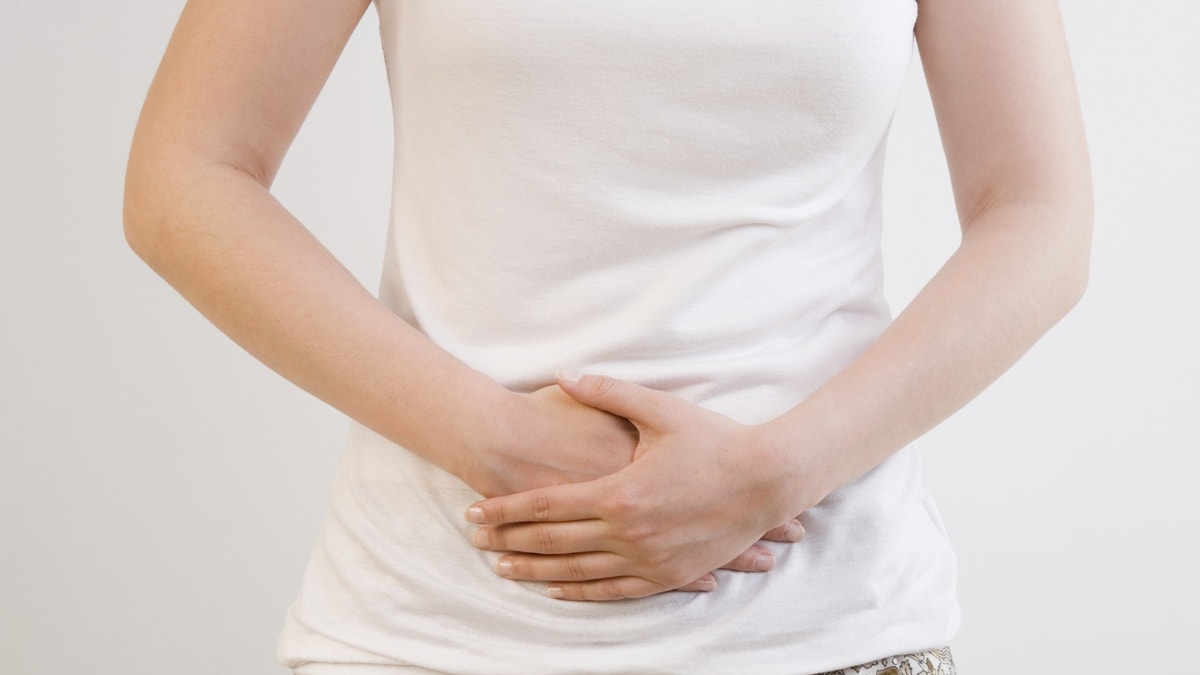
As many as one in five adult women may suffer from loss of bowel control, according to a new study from Australia.
Bladder problems were also common in women who reported poor bowel control, known as fecal incontinence. Overall, the chance of being incontinent generally increased with age.
Estimates of how many people have incontinence vary greatly, possibly in part because people who have it might be embarrassed and reluctant to talk about the condition. Some evidence suggests that changes in the body due to aging or childbirth may increase a person's chance of having fecal incontinence.
"What was important about this study is that we don't have a lot of information about this issue in healthy individuals living in the community," Dr. Susan Davis, one of the study's authors from Monash University in Melbourne, Australia, told Reuters Health.
To try to fill in some of that missing information, Davis and her colleagues distributed questionnaires to 442 women between the ages of 26 and 82. Women answered a range of questions about their health and behavioral habits, including some related to symptoms of urinary and fecal incontinence.
A total of 91 women, or about 20 of every 100 women in the study, reported having "loose" fecal incontinence, involving leakage of liquid stool, at some point in the previous 3 months. Twenty of those, or 5 of every 100 women, also said that at some point in the last three months they had "well-formed" fecal incontinence.
Both kinds of fecal incontinence were generally more common in older women. For example, about 1 in 3 women ages 65 to 74 reported incontinence, compared to about 1 in 7 of those aged 45 to 54.
Women who suffered from loose fecal incontinence were more likely to also have leaking bladders, compared to women who didn't report any fecal incontinence. That's probably because the same kind of nerves and tissues that would affect both kinds of incontinence, Davis said.
The link remained when researchers took into account the age and weight of women.
Whether or not a woman had given birth did not affect her chances of being incontinent.
Previous research, in various types of people, have generally found lower rates of incontinence - between 2 and 17 of every 100 study participants, the authors report. Davis and her colleagues believe their method of measuring the prevalence of fecal incontinence through a questionnaire may be more accurate than face to face or telephone interviews, which may make women more embarrassed about telling researchers they are incontinent.
However, the findings, published in the journal Menopause, could also be an overestimate of how common fecal incontinence really is.
Although the women were originally picked from the population at large, they all volunteered to be in a study about urinary incontinence, and it's possible that women agreed to participate because the topic applied to them. If urinary incontinence and fecal incontinence truly are related, this group of women might not be representative of the population at large.
Dr. Emily Lukacz, who studies incontinence at the University of California, San Diego, said that although the estimate that 20 of every 100 women have fecal incontinence is on the high end, it's not outside of a realistic range. But fecal incontinence is not something many people talk about. "Unfortunately, I think a lot of the lack of awareness of this probably comes from embarrassment," Lukacz, who was not involved in the study, told Reuters Health.
The findings show that many women with fecal incontinence may be suffering unnecessarily, Davis said. Doctors could make a difference by asking their patients with urinary incontinence if they also have symptoms of fecal incontinence, she said. And women, even if they are embarrassed, shouldn't keep the condition to themselves. In some cases, it may take only a small lifestyle change - such as eating more fiber - to solve the problem, Davis said.
Lukacz agreed. "There are a lot of behavioral things and dietary things and exercises (that) improve fecal incontinence just as well as some of the surgical procedures," she said. The most important message for people with fecal incontinence, she added, is "that they don't have to live with it."
"It is important that if women are bothered by this they should speak to their doctor," Davis said, "because it could be something that's very simple to sort out."
